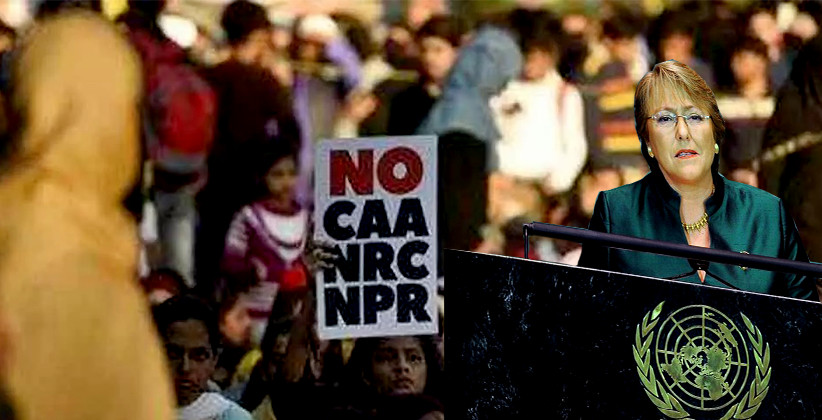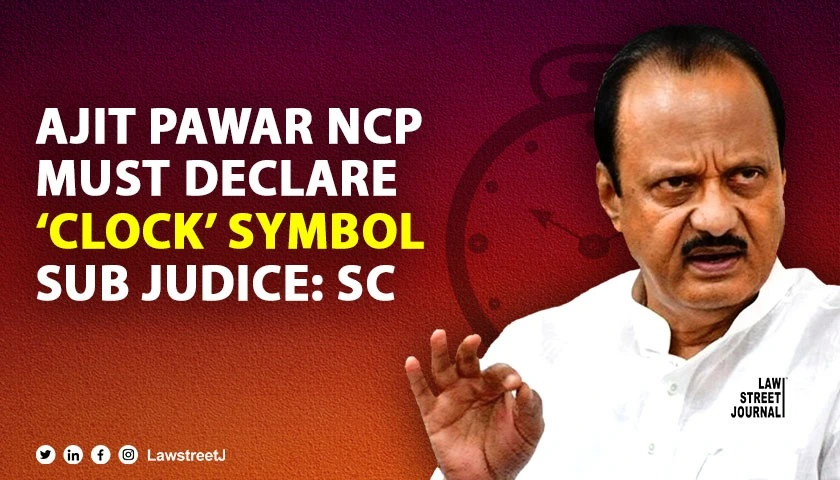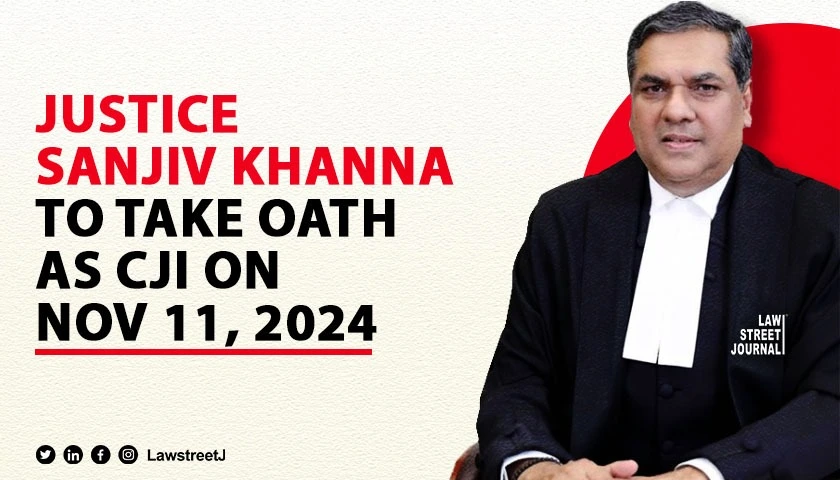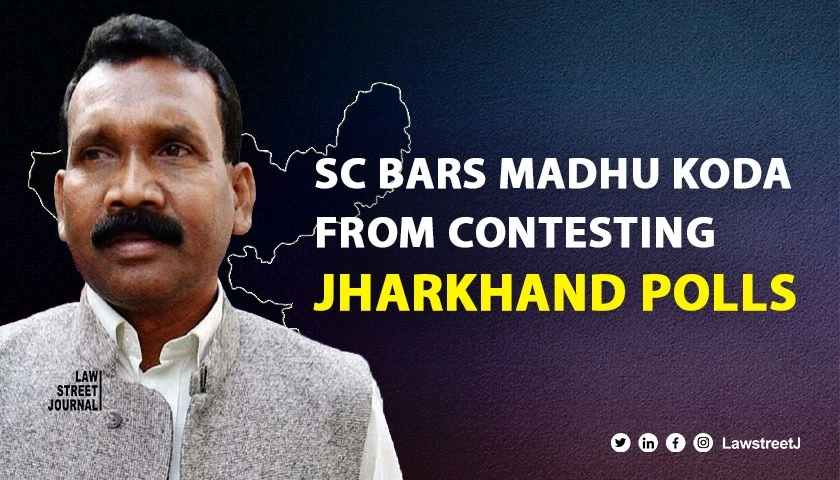In the evening of March 2, 2020 (Monday) United Nations High Commissioner for Human Rights, Michelle Bachelet, informed India's Permanent Mission in Geneva that it has filed application for intervention in Supreme Court of India against Citizenship (Amendment) Act, 2019 (CAA).
Responding to notice of United Nations Human Rights Council (UNHRC), Ministry of External Affairs (MEA) spokesperson, Raveesh Kumar, said, The CAA is an internal matter of India and concerns the sovereign right of the Indian Parliament to make laws. We strongly believe that no foreign party has any locus standi on issues pertaining to Indias sovereignty.
He added, We are clear that the CAA is constitutionally valid and complies with all requirements of our constitutional values. It is reflective of our long-standing national commitment in respect of human rights issues arising from the tragedy of the Partition of India.
Kumar further said India is a democracy governed by the rule of law. We all have utmost respect for and full trust in our independent judiciary. We are confident that our sound and legally sustainable position would be vindicated by the Supreme Court, he said.
Last week, Bachelet had expressed serious concern at the CAA and riots in Northeast Delhi and called on Indias leadership to prevent further violence.
Immediately after the Act was passed by the Parliament on December 12, 2020, the UNHRC had issued a statement against it saying that it was "fundamentally discriminatory in nature".
"We are concerned that India's new Citizenship (Amendment) Act 2019 is fundamentally discriminatory in nature", said the statement issued by Jeremy Laurence the Spokesperson of UN High Commissioner for Human Rights.
"The amended law would appear to undermine the commitment to equality before the law enshrined in India's constitution and India's obligations under the International Covenant on Civil and Political Rights and the Convention for the Elimination of Racial Discrimination, to which Indian is a State party, which prohibit discrimination based on racial, ethnic or religious grounds. Although India's broader naturalization laws remain in place, these amendments will have a discriminatory effect on people's access to nationality".
It called for providing protection to all persecuted groups without discrimination based on identity:
"While the goal of protecting persecuted groups is welcome, this should be done through a robust national asylum system that is premised on the principle of equality and non-discrimination, and which applies to all people in need of protection from persecution and other human rights violations, with no distinction as to race, religion, national origin or other prohibited grounds".
The CAA introduced and passed by Parliament on December 12, 2020 sparked protests across the country. The citizenship law seeks to grant citizenship to Hindus, Sikhs, Buddhists, Christians, Jains and Parsis, except Muslims, who entered the country from Pakistan, Bangladesh and Afghanistan until December 31, 2014. Various states in India including Bengal, Bihar, Punjab, Kerala have passed resolutions against CAA. Violent clashes over the law also broke out in Delhi last week, killing 47 people and injuring over 250.
As many as 140 petitions have been filed in the Supreme Court challenging the constitutional validity of the Act. On January 22, 2020, the Supreme Court had asked the Central Government to reply to the petitions within four weeks. The State of Kerala has filed an original suit against the Act.
Author Satwik Sharma







